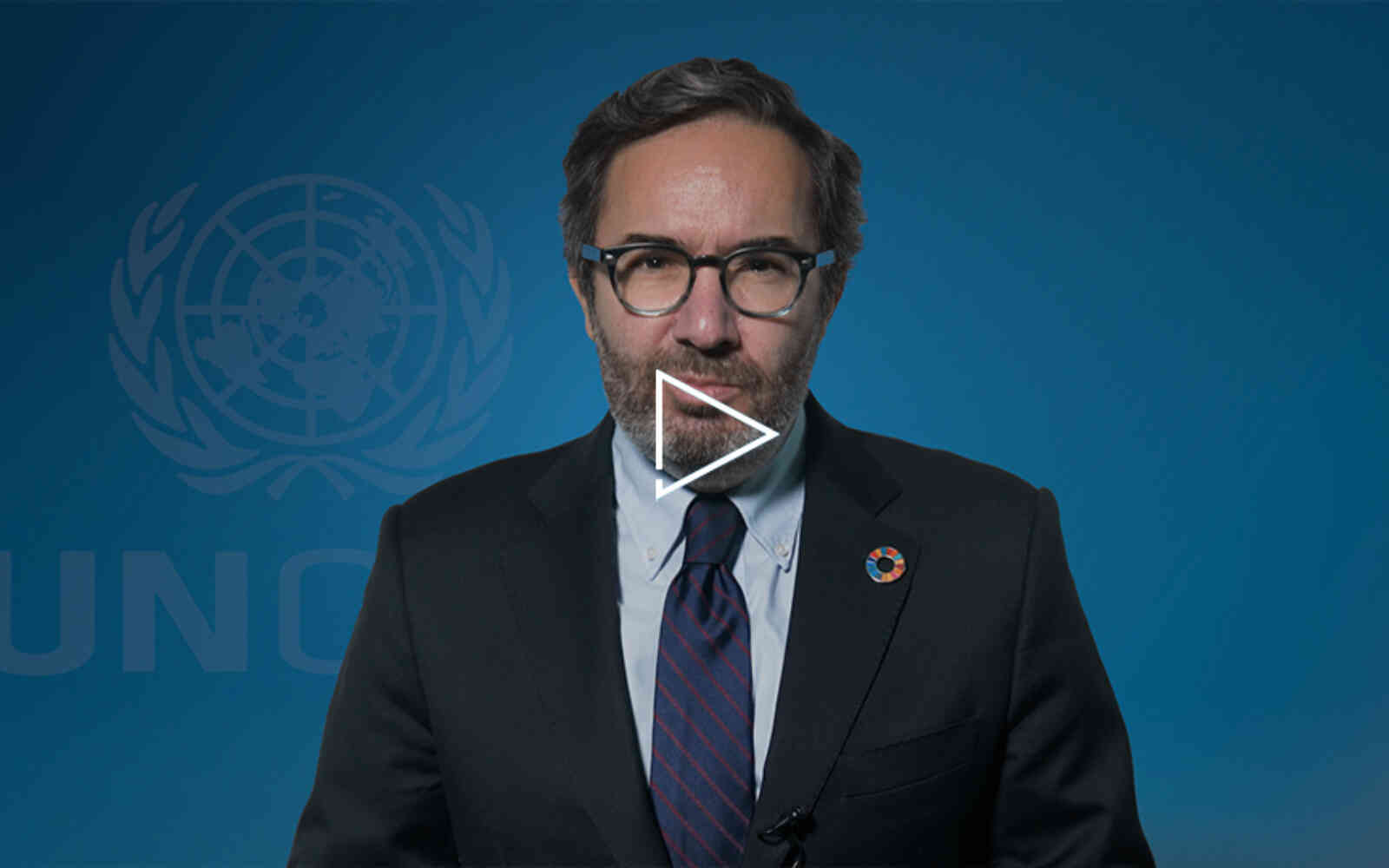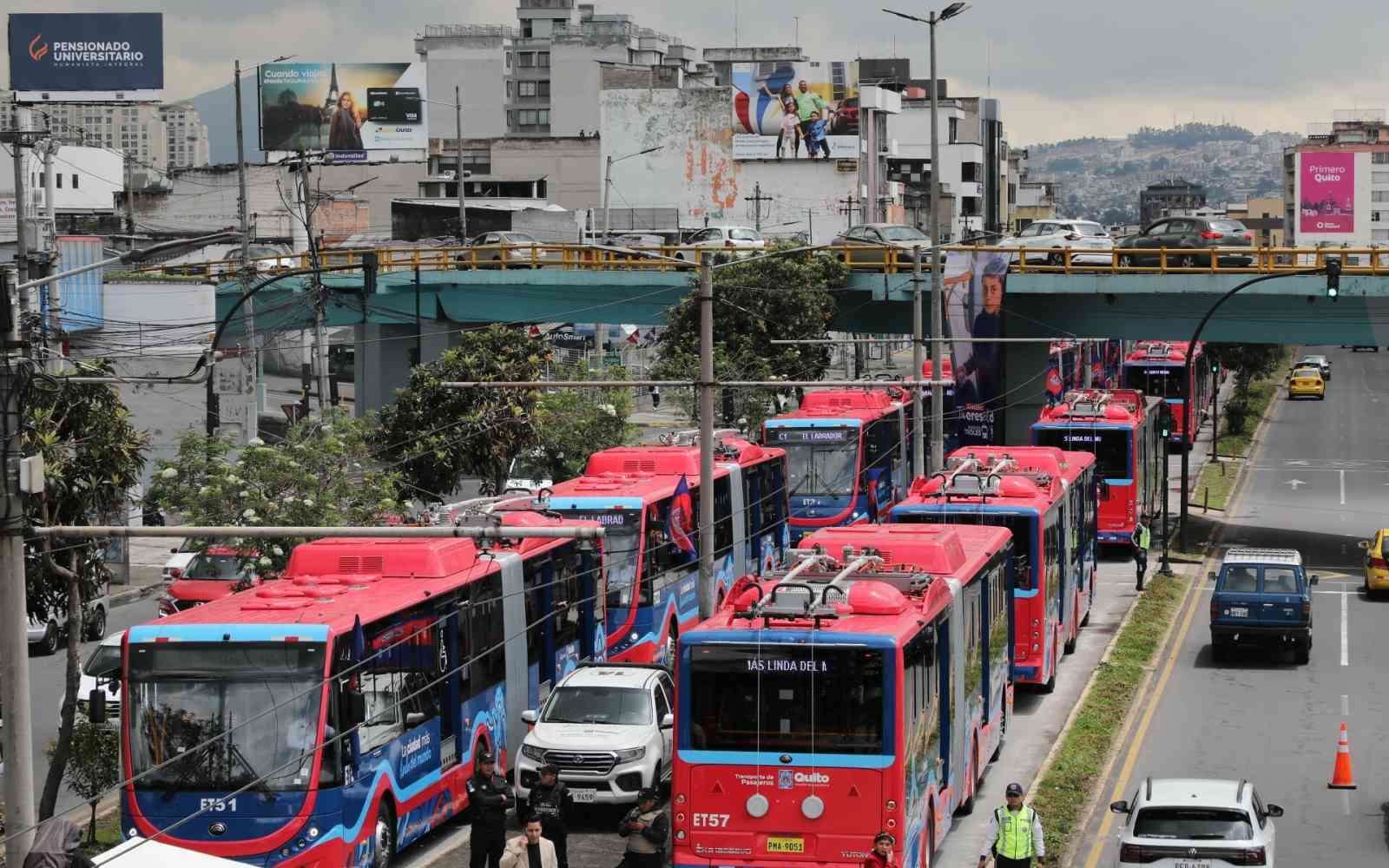The United Nations Office for Project Services (UNOPS)
High-level Forum on South-South Cooperation on climate change
Statement by Jorge Moreira da Silva, Under-Secretary-General and UNOPS Executive Director, at the High-level Forum on South-South Cooperation on climate change at COP29 – 15 November 2024
[check against delivery]
Excellencies, esteemed colleagues, friends
I would like to thank the Minister for the warm invite to join you today. It is a pleasure to be here.
We gather here at a crucial point in our collective efforts to respond to the climate crisis, deliver on the Sustainable Development Goals and build an inclusive, resilient and prosperous future.
And time is not on our side.
The clock is ticking on our efforts to keep alive the Paris Agreement goal of limiting global warming to 1.5°C - to secure a liveable planet for this and future generations.
We urgently need ambition, finance and accelerated action to meet this challenge.
As we live through what is likely to be the hottest year on record, we must remember that the climate crisis hits the most vulnerable hardest.
The countries most vulnerable to the adverse impacts of climate change - whether they are Least Developed Countries, Small Island Developing States, Landlocked Developing Countries or African countries - have done very little to create this crisis in the first place.
And yet they bear the brunt - and have very limited support and investment needed to build resilience.
This must change. The new finance goal being negotiated now - the so-called NCQC - needs to respond to the real needs of developing countries, and their implementation requirements.
We have a responsibility to come together in solidarity, collaboration, and innovation, to respond to climate challenges, build resilience and the foundations for shared prosperity.
The South-South cooperation model represents a powerful framework that has repeatedly shown the impact of developing nations working together to achieve sustainable development. Today, this model takes on even greater urgency.
At UNOPS, we are fully committed to supporting south-south cooperation.
We bring to this model our implementation capacity and focus on practical solutions, along with our commitment to solidarity and partnership, in pursuit of a greener, fairer and more peaceful future. We recognize that South-South and triangular cooperation are important elements of international cooperation that complement North-South cooperation.
Through our expertise in infrastructure, procurement and project and financial management services, we support countries’ mitigation, adaptation and loss and damage efforts as climate threats escalate.
Over the years, we have delivered impact for communities around the world, relying on the power of south-south cooperation. Together with our partners, we have built resilient infrastructure, strengthened health systems, enhanced food security and improved water access. These are among the many ways in which we respond to needs and support sustainable development in climate vulnerable areas.
But we want to do much more, always in partnerships that deliver scale and impact.
I know that my colleagues in our South East Asia and Pacific are in conversation with the China International Development Cooperation Agency (CIDCA) on new activities in Southeast Asia. This includes strengthening Lao PDR’s healthcare infrastructure to meet the country’s diverse health needs.
South-south cooperation allows us to create a coalition of resilience, solidarity, and action. Combined, we have the tools and the partnerships to make a difference, but we must act with urgency, purpose, and a deep sense of shared responsibility.
As we prepare our next strategic cycle, UNOPS remains focused on the importance of further integrating South-South and triangular cooperation into our work.
As we move forward, let’s continue to strengthen our vital bonds of cooperation. Together, we can drive forward a climate-resilient future, protect our communities, and ensure a sustainable world for generations to come.











